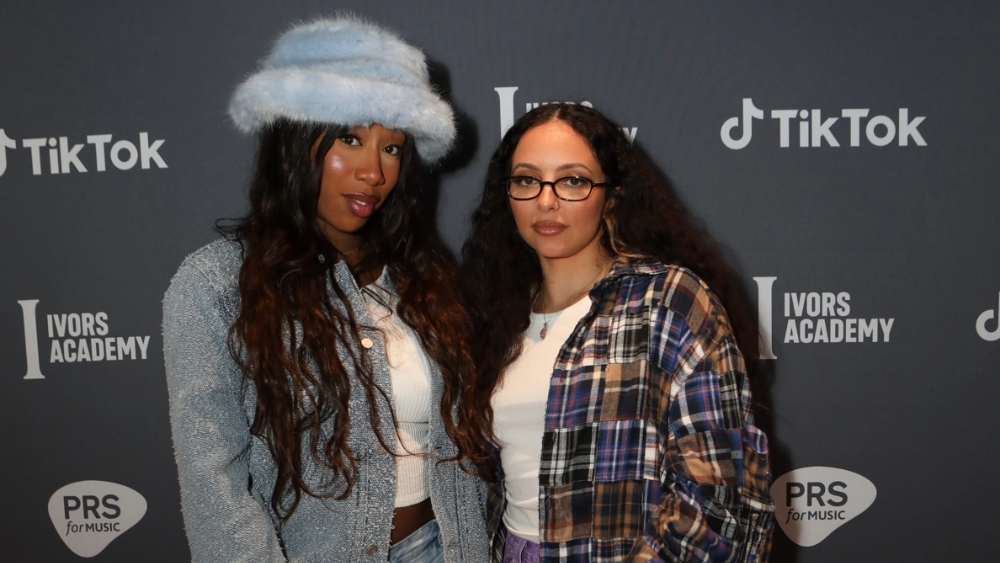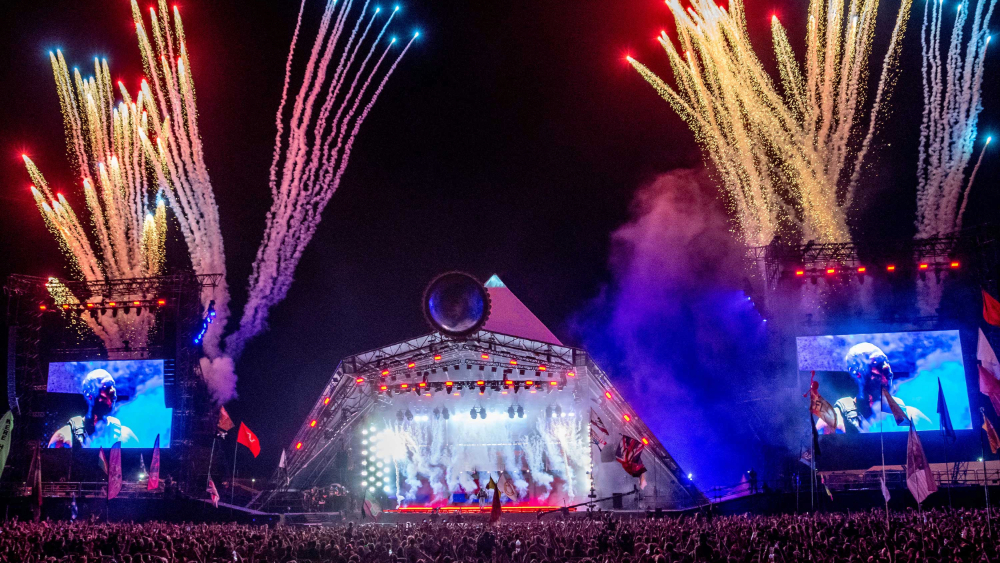Streaming and social media may now be many people’s leading means of music discovery, but the power of radio remains strong. As well as providing a vital connection between music creators and new listeners, radio also continues to be a lucrative stream of income for the former. £43m in PRS royalties was generated from music that was played on air in 2024.
One UK radio platform which specialises in nurturing emerging talent is BBC Music Introducing. Forming part of the renowned BBC Music network and comprised of 20 regional radio shows, it champions creators who are looking to take their next big career step.
‘If you're making great music, we’re desperate to play it,’ BBC Introducing presenter Abbie McCarthy tells M. ‘That's literally our remit: to find the best music and then shout about it from the rooftop.’
Here’s Abbie’s top tips for getting your music played on the radio.
Submit your music to BBC Introducing’s Uploader
Artists can submit up to two tracks per month to BBC Introducing’s Uploader, with the guarantee that a member of the Introducing team will listen to those songs within six months. Even if the music isn’t then played on your region’s dedicated Introducing show, the team will forward it on to where they think it might fit elsewhere on BBC Music.
‘Whatever style of music you're making, there's a home for it on the BBC,’ explains Abbie. ‘If you make left-field jazz, Radio 3's your bag. If it’s exciting post-punk, 6 Music might be the perfect fit for you. Maybe you’re the hottest new rapper so 1Xtra are going to be all over you, or you’re the next big name in pop so Radio 1 will want you. BBC Introducing will make sure you're getting in front of the right people on the right shows at a national level.’
If you're uploading a song to the Uploader, make sure you've also registered it with PRS using Register My Music so that you can receive royalties if it's played on air.
Choose wisely when submitting your music
Music is no longer, according to Abbie, dominated by tastemakers and gatekeepers. Instead, she says, ‘artists are able to control their own narrative and build their following in a different way’. While part of this control can be derived from putting forward music that is more traditionally ‘radio-friendly’, Abbie says that ‘your [creative] niche is now being rewarded more than ever.’
‘Don’t be afraid to release singles that you think are important to your story as an artist,’ she continues. ‘Back yourself: it’s your art, it’s your story.’
In the case of the Introducing Uploader, Abbie advises submitting your most accessible, radio-ready single and then using your second upload to demonstrate the breadth of your creativity. This approach should provide a good snapshot of what you’re about as an artist.
‘I listen to everything that’s been submitted and then make a shortlist. From there, I’ll arrange a tracklist [for radio],’ Abbie explains about her curation process. ‘I also have an apprentice and a producer who work on my show — I think it's important to get a range of opinions. Sometimes people can get fixated on being liked by a particular presenter [in order to get airplay], but producers can be across multiple projects: if they like what they hear, they can put you forward for other stuff. It’s teamwork: we’re always recommending artists to each other, whether that’s for radio play, BBC Introducing stages at festivals or live sessions at Maida Vale Studios.’
‘Back yourself: it’s your art, it’s your story.’
Make sure you’re playing live regularly
‘Live shows are a really good indicator of where an artist is at in their career,’ Abbie says. ‘In the world of streaming, someone can have 500,000 monthly listeners because they're included on certain playlists that are well-followed — but that doesn't always convert to gig tickets. If it does, then that's when I take notice because it means there’s a genuine and engaged fanbase who are going to buy albums and merch.
‘You fall in love with music when you see it live, and it’s that love that will keep people listening.’
Remember, don't leave your royalties on stage, report your setlist every time you play a live show.
Keep the faith
It’s important to not get discouraged if your music isn’t played on the radio in the first instance. Abbie cites the example of Soft Play (formerly known as Slaves) as a now-successful band who had to persevere before they got their moment on Introducing.
‘In the really early days of me working on the show, Soft Play uploaded a lot of demos, but we didn't play them because they were too rough and ready,’ she recalls. ‘But we loved their attitude, the energy and the observational lyrics, so we reached out and said, “We like what you're doing, but it feels like more care needs to go into the recording”.
‘They then linked up with their local venue, Tunbridge Wells Forum, and recorded their mini-album Sugar Coated Bitter Truth in their in-house studio. We loved it so much that we made the whole album “Record of the Week”. They then played the Introducing stage at Reading & Leeds 2012, which Zane Lowe loved and played the recording of on his Radio 1 show. This in turn got a label interested [in Soft Play] — it really is a ripple effect.’
Myles Smith, who won this year’s BRITs Rising Star Award, is another good example of an artist who was supported by Introducing. ‘With each track we could hear that Myles was getting better and better each time,’ she explains. ‘Then [2024 single] Stargazing was suddenly everywhere and doing really well in the charts, so the press were calling him an “overnight success”. I was just thinking, “If only you knew how long he’s been working at it…”’
‘Live shows are a really good indicator of where an artist is at in their career.'
Let your music do the talking
As Abbie notes, artists shouldn’t spend their time hounding radio stations and DJs to ‘please play me’. Instead, you’re much more likely to be played on the radio ‘because you have a cool thing going on — the music does the talking’.
Whenever she listens to music that’s been submitted to the BBC Introducing Uploader, Abbie doesn’t open the accompanying profile unless she feels like she’s connected with a particular song.
‘If I hear a song that I think is amazing, the fact that they may only have 100 followers on social media isn’t going to stop me from making it my “Record of the Week”,’ she explains. ‘Great music will always be heard. Even if only five people have heard your track, if it makes one person listen again and tell their friends, that can be the start of something.’
Listen to Abbie on BBC Radio Kent every Thursday and Saturday at 8pm. Be sure to also check out her Eras podcast and her upcoming Good Karma Club night dates.





